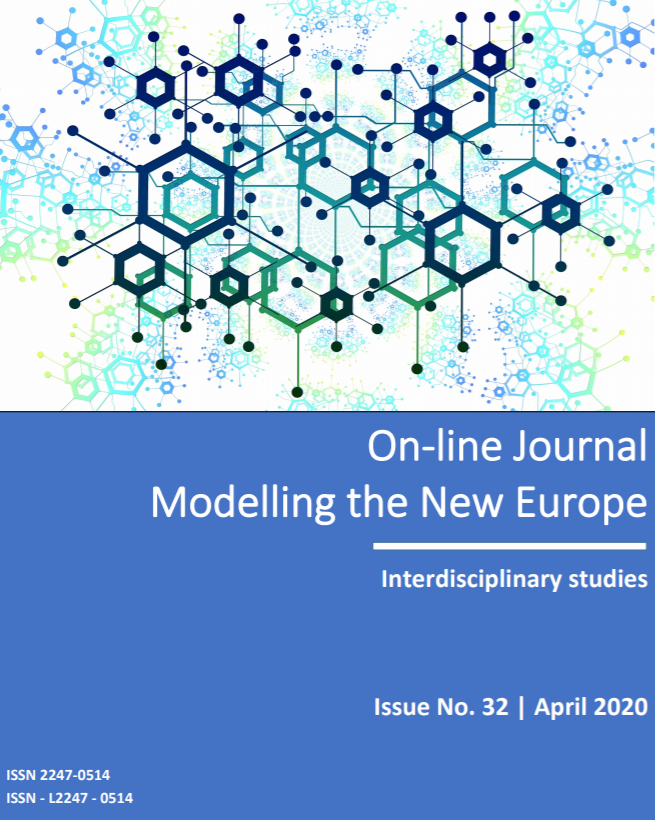EUROSCEPTIC ATTITUDES TOWARDS THE TRANSATLANTIC TRADE AND INVESTMENT PARTNERSHIP: WHO ARE THE TRENDSETTERS AND FOLLOWERS?
EUROSCEPTIC ATTITUDES TOWARDS THE TRANSATLANTIC TRADE AND INVESTMENT PARTNERSHIP: WHO ARE THE TRENDSETTERS AND FOLLOWERS?
Author(s): Filip TereszkiewiczSubject(s): Politics / Political Sciences, Politics, Economy, Business Economy / Management, Financial Markets
Published by: Facultatea de Studii Europene -Universitatea Babeş-Bolyai
Keywords: Euroscepticism; EU trade policy;TTIP; Far-left; Far-right; European Parliament;
Summary/Abstract: Since the Hooghe et al.(2002) publication about party positions on European integration, a comparison of radical right and radical left Eurosceptic parties is not often conducted. In literature about Euroscepticism, the image of the horseshoe or “inverted U” illustrates the orientation of Euroscepticism among parties without any deeper analysis. This paper tries fill the research gap by investigating whether these two Eurosceptic groups are distinct from each other in the area of EU trade policy by analyzing the debate surrounding the Transatlantic Trade and Investment Partnership (TTIP). Using European Parliament debates about this EU-US partnership, the author tries give answers to the following questions: are Eurosceptic Members of the European Parliament (EMEPs) unified in their attitudes towards the TTIP? Between the far right and far left, which group of EMEPs was the trendsetter in the TTIP debate and which was the follower? To answer these questions, a constructivist approach is applied through discourse analysis. In the conclusion, the author concludes that far-left Eurosceptics are trendsetters on the issue, and those on the far-right are the followers. In the contrast to the far-left parties, being opposed to free trade with the US was not consistent with the ideological profile of the far-right parties. Therefore, the latter had to change their attitudes towards this treaty, following the rise of anti-TTIP attitudes in European society.
Journal: Online Journal Modelling the New Europe
- Issue Year: 2020
- Issue No: 32
- Page Range: 4-20
- Page Count: 16
- Language: English

